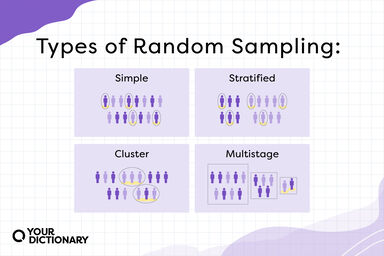Systematic-name Definition
noun
Other Word Forms of Systematic-name
Noun
Singular:
systematic-namePlural:
systematic-namesRelated Articles
Systematic-name Is Also Mentioned In
Find Similar Words
Find similar words to systematic-name using the buttons below.





